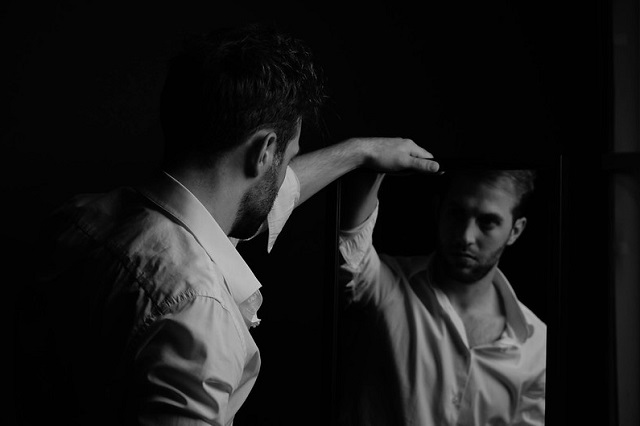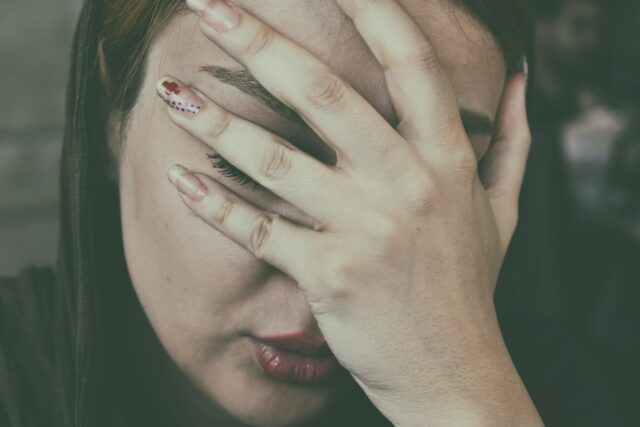LGBTQ+ Folk, Substance Use, and Self Esteem
By: Michael Toohey, Psy.D. | January 17, 2020

The holidays have come and gone having brought socializing and cheer in the form of anything from eggnog to champagne to cannabis to harder substances too. While the general population might increase alcohol and substance use as a means to celebrate the season, research shows that the LGBTQ+ community increases use of such substances not just to celebrate a season but to cope with the omnipresent effects of a culture that is hostile to us.
Jerome Hunt, a Research Associate for LGBT Progress at American Progress, summarized the elevated rates of substance abuse in the sexual minority community:
-
- LGBTQ+ folk have disproportionately higher rates of substance use than their heterosexual peers, with estimates that show between 20-30% percent of LGBTQ+ people abuse substances compared to about 9%of the general population.
- LGBTQ+ people smoke tobacco up to 200% more than their heterosexual and non-transgender peers.
- 25%of LGBTQ+ people abuse alcohol, compared to 5-10% of the general population.
Minority Stress
Many LGBTQ+ people live with the high stress that comes from social prejudice and discriminatory laws in daily life such as employment, relationship recognition, and health care.
Minority stress is the negative effect associated with the adverse social conditions experienced by individuals of a marginalized social group. LGBTQ+ people deal with these negative effects every day. Anti-LGBTQ+ social prejudice stems from the belief that being LGBTQ+ is somehow wrong or bad and often expressed in subtle ways, and this can result in lowering the esteem we have for ourselves.
Self-esteem is a phrase that we’re all familiar with, but have you ever pondered the point of self-esteem? What’s the difference between low and high self-esteem?
I like to think that positive self-esteem helps us know when we’re being treated well and when we’re being treated poorly. If a person has low self-esteem, they often can’t tell the difference. Sometimes a person can know they are being treated poorly, but that treatment can match their sense of self. In other words, if I have no value, it makes sense that I’m treated poorly.
Many members of our community try to address low self-esteem by seeking what I call ‘other-esteem.’ If I do something good for someone, they treat me well, and now I can feel good about myself. This, unfortunately, becomes a trap. It feels good to be treated well, so I’m going to do what I need to do for others so that I can get that sense of self value. What happens, however, is that we can become dependent on others to feel good about ourselves. This can very easily translate to crossing boundaries we’ve made (having sex that I don’t really want to have) or indulging in substances just to feel accepted.
Many LGBTQ+ folk feel safest when they are in an LGBTQ+ bar; we get to step away from the larger/hostile culture, and ‘let our hair down,’ so to speak. And what do people do in bars? We drink, we smoke, and some even use harder substances. In other words, drinking and using substances has become a part of LGBTQ+ culture, and for some, it can lead to the path of substance abuse.
When Use Turns to Abuse
How would you know whether your use has turned to abuse? Do you opt for the drug rather than for your friends? Have you called out from work because of a hangover or sickness? Do you persist in using substances even though it causes negative effects in any part of your life? Do you use it as a medication for difficult feelings? These are valid questions that can help us look at our individual relationship to a substance or alcohol.
I always want to know what makes a person vulnerable to using their drug of choice. Often I find they are trying to medicate an issue they are having, such as trauma, depression, or anxiety. When a person uses a drug, those symptoms are temporarily displaced and instead we feel what Carl Jung called our ‘higher self:” now I can socialize easily, flirt, and have fun. Of course, depression, anxiety, and trauma return when the drug wears off, which can set us up to use more, which can lead us down a path to addiction.
I read once that self-esteem is the gift we give ourselves, and I absolutely believe that. We are inundated with negative messages about who we love. Positive self-esteem gives resilience against those messages. For 20 years, I’ve asked a question of my clients that always stumps them: what do you love about yourself that has nothing to do with anyone else? How would you answer this?
We at Therapy Changes provide compassionate care for members of the LGBTQ+ community and those who are questioning in a supportive and affirming environment. We value cultural competency and diversity. If you have answered yes to any of the questions above, or can’t answer the question I’ve been asking for 20 years, please consider contacting us or discussing this issue with your therapist. If you are enrolled at Therapy Changes, talk to your therapist about a new support group being started by Dr. John Mark Krejci for clients addressing their relationship to substances and alcohol.
Image: The Aura on flickr and reproduced under Creative Commons 2.0



